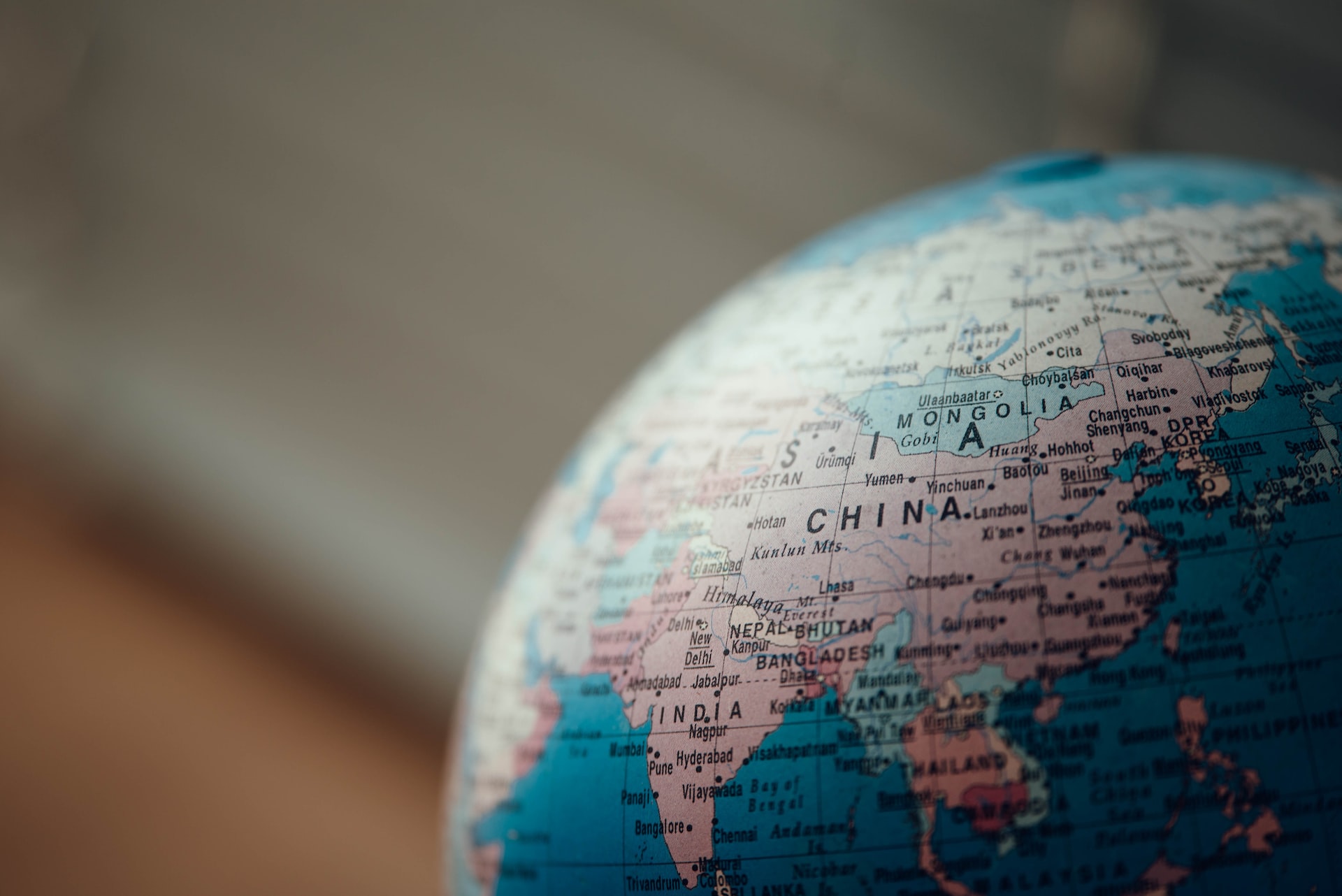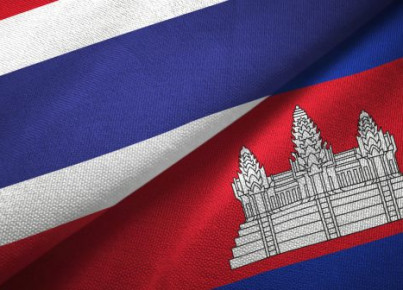By Maria Tripodi, Deputy Minister of Foreign Affairs and International Cooperation
On 13 May, together with European Foreign Ministers and partners from Asia and the Pacific, I attended - by delegation of VP/Minister Tajani - the 2nd EU-Indo-Pacific Ministerial Forum, organised in Stockholm by the Swedish EU Presidency and the EEAS. The initiative was initiated by the French EU Presidency, with the event on 22 February 2022, in Paris. In my speech, I emphasised Italy's concrete commitment to follow up on the EU Indo-Pacific Strategy. I highlighted our growing projection in the area, whose geopolitical, economic and demographic relevance places it at the centre of the complex global challenges underway, aggravated by the Russian aggression against Ukraine. These include threats to security and the rules-based international order, energy security, the food crisis, the (often devastating) consequences of climate change and sustainable development. It is precisely on climate that I wanted to focus, speaking at the panel discussion 'Pursuing green opportunities and overcoming global challenges'. The Indo-Pacific is home to some of the states most exposed to climate change and also most in need of energy, given their high economic and population growth rates. Italy, which is committed to reducing greenhouse gas emissions by 55% by 2030 and to achieving climate neutrality by 2050, is supporting these countries with numerous initiatives, including the support to Vietnam and Indonesia in the framework of the G7 initiative 'Just Energy Transition Partnership'; the organisation of training courses on civil protection and sustainable development in favour of ASEAN countries and the 'Pacific Islands Forum' of which Italy is respectively Development and Dialogue Partner; the participation, through Cassa Depositi e Prestiti, in the 'ASEAN Catalytic Green Finance Facility' and in the 'Team Europe' initiatives in favour of ASEAN. With these and other measures being devised, we intend to ensure that no country is left behind and that the area's emerging economies are equipped with the necessary tools to pursue inclusive and sustainable growth, an essential condition for the maintenance of peace and stability in a region that is increasingly crucial for world equilibrium.






